'After' by Nikki Gemmell
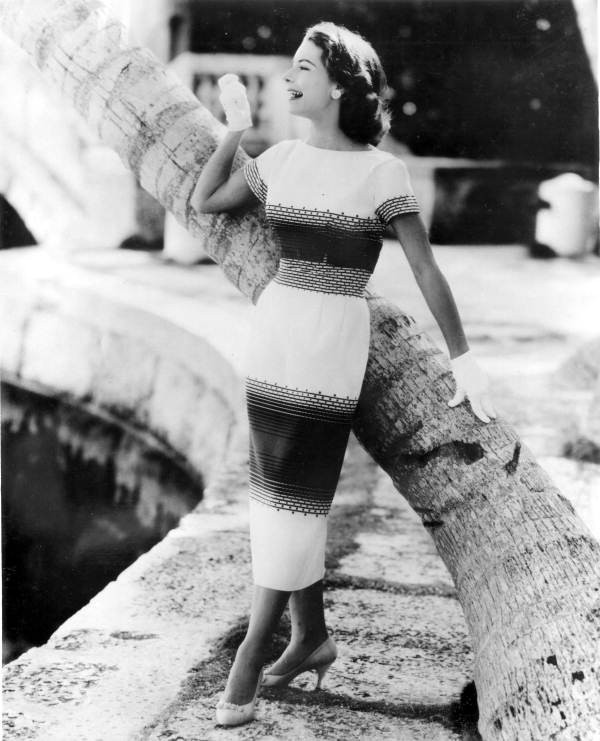
Nikki Gemmell
This memoir by Nikki Gemmell explores her mother Elayn’s unexpected suicide in reaction to chronic pain and the subsequent fallout. Elayn was a member of Exit International and Gemmell’s high-profile story was part of the national conversation on legalising assisted dying in Australia.
'By the Time Your Read This, I’ll Be Dead' by John Hofsess

John Hofsess
In this article, right to die activist John Hofsess reveals that he illegally helped eight people kill themselves from 1999 to 2001, including the Canadian poet Al Purdy. Hofsess portrays himself in a positive light, as a hero of the assisted suicide cause, but a 2022 article by journalist Sandra Martin casts doubt on both his character and motivations.
'Cartas desde el infierno' by Ramón Sampedro
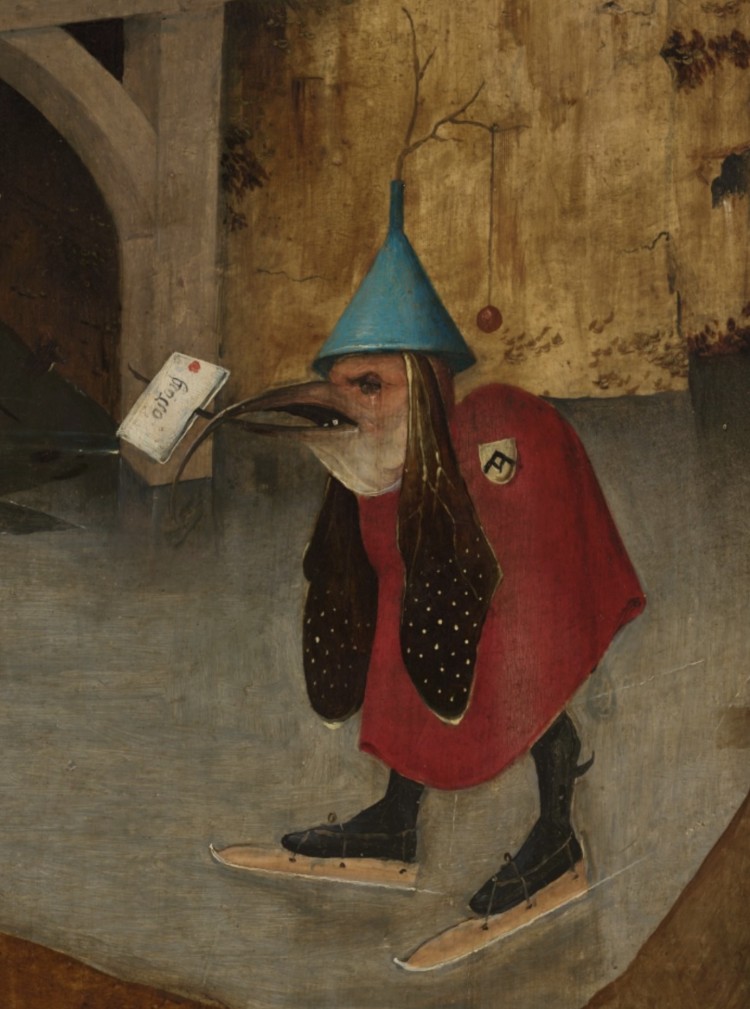
Ramón Sampedro
A collection of letters, poems, and essays, Ramón Sampedro’s ‘Cartas desde el infierno’ constitutes a philosophical treatise on the ethics of euthanasia. Written over decades – between the 1968 accident that left Sampedro tetraplegic and the 1996 first edition – the book became a landmark work on the right-to-die debate, influencing the 2021 legalization of assisted death in Spain.
'Door eigen hand. Zelfmoord en de nabestaanden' by Joost Zwagerman
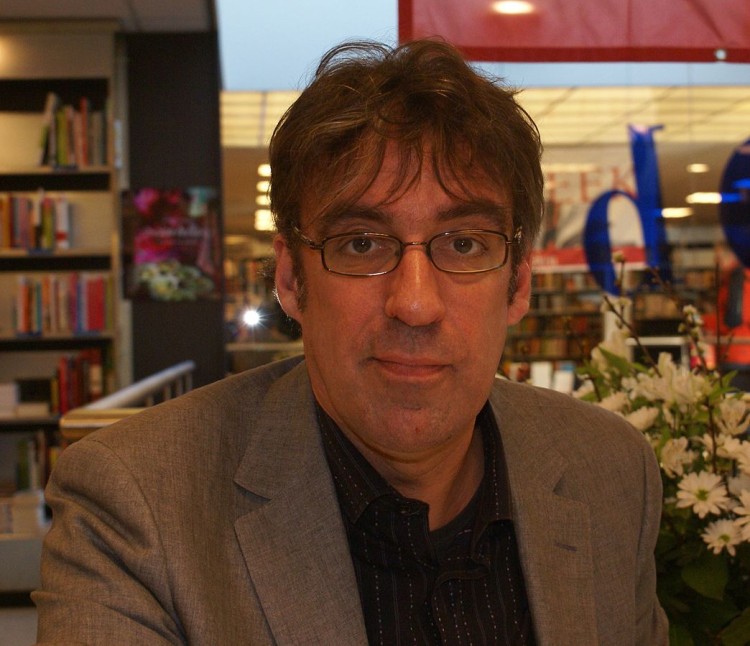
Joost Zwagerman
In this book of essays and interviews on suicide, writer Joost Zwagerman argues that medically assisted dying for psychological reasons is unwarranted. The author, who took his own life in 2015, has been a prominent voice in Dutch discourse surrounding this issue.
'Je ne suis pas un assassin' by Frédéric Chaussoy

Frédéric Chaussoy
Dr Frédéric Chaussoy, the intensivist who made the decision to turn off Vincent Humbert’s life support machine, shares his story in this short, powerful text. Blending a first-person account of the events leading up to Vincent’s death with engaged writing and insights from Chaussoy’s family, the text is an ardent defence of the doctor’s actions and calls France to do better at accompanying death.
'Je vous demande le droit de mourir' by Vincent Humbert

Vincent Humbert (with Frédéric Veille)
Following a life-changing accident, which left Vincent Humbert paraplegic, blind and mute, the young man decided that he wanted to end his life and wrote to the French President in search of help. This text is his story, one of the most significant in the history of the assisted dying debate in France.
'Le tout dernier été' by Anne Bert
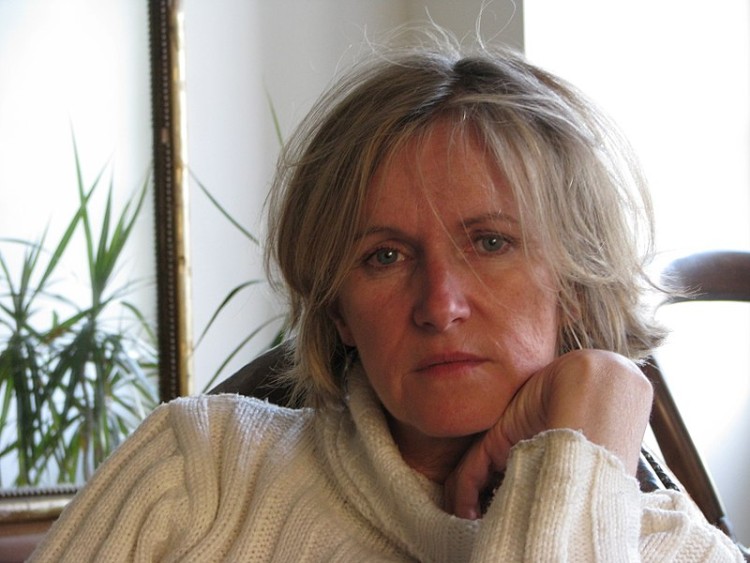
Anne Bert
French author Anne Bert sees the right to choose her own time of death as a fundamental human right, and this is her story of invoking that right by travelling from France to Belgium to receive an assisted death.
'Lecretia's Choice' by Matt Vickers
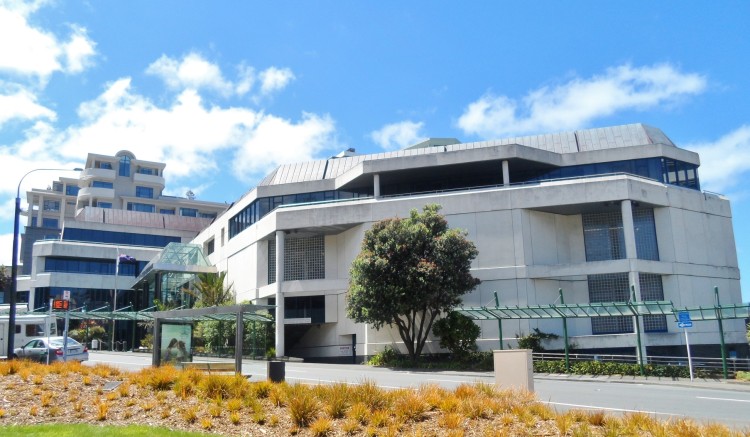
Matt Vickers
In this heartfelt memoir, Matt Vickers recounts how he and his wife, prominent lawyer Lecretia Seales who was diagnosed with a brain tumour, fought in the Aotearoa/New Zealand High Court to allow her to choose when she died. Although her case was rejected, Seales’s story influenced subsequent legalisation in the country.
'A Message to the Standing Committee on Justice and Solicitor General' by Sue Rodriguez
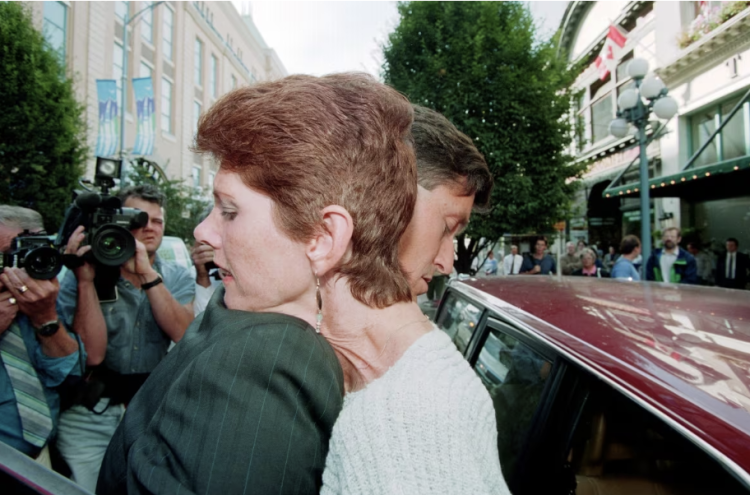
Sue Rodriguez
In this videotaped address to Parliament, Sue Rodriguez, who was dying of ALS and wanted an assisted death, asks ‘If I cannot give consent to my own death […] who owns my life?’ While the Supreme Court of Canada heard her case in 1993 and ultimately decided against her, the publicization of Rodriguez’s story informed much public thinking about assisted dying laws in Canada.
'Better Off Dead?' by Liz Carr and James Routh
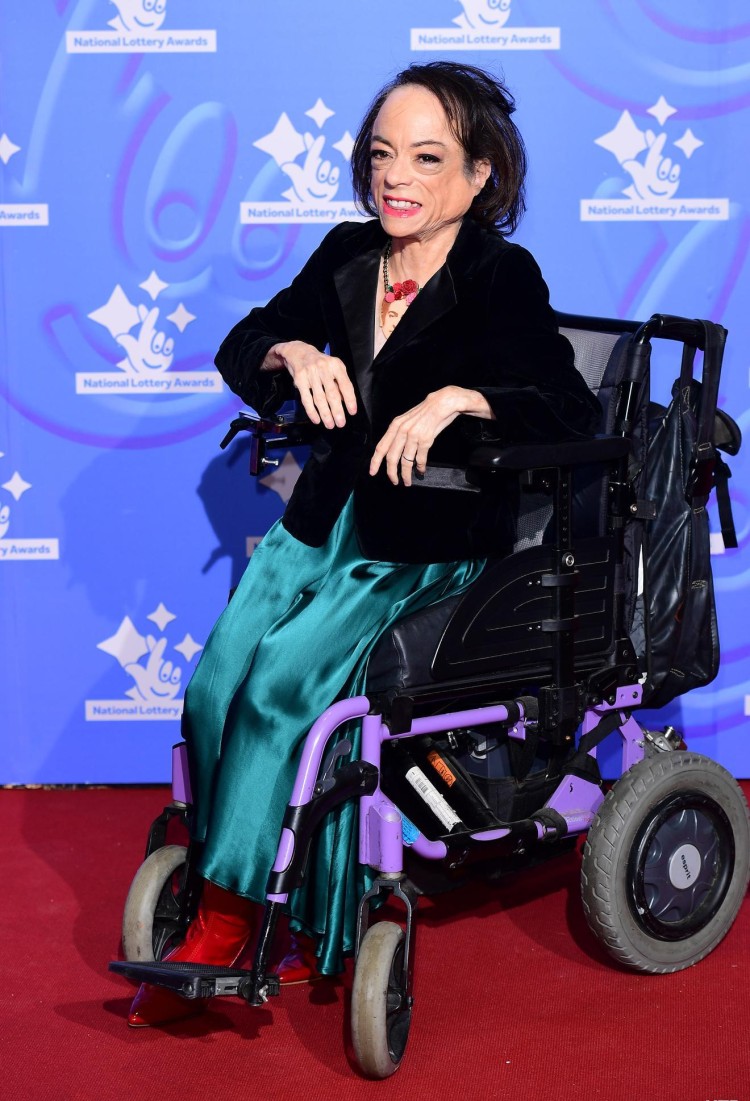
Liz Carr (writer/presenter), James Routh (director)
This BBC documentary follows actor and disability campaigner Liz Carr as she explores reasons why assisted dying, which she calls assisted suicide, should not be legalised in the UK. It is unusual both for constituting a mainstream programme that openly opposes legalisation of assisted dying, and for doing so using humour.
'Chronique d’une mort décidée' by Vincent Fooij

Vincent Fooij (director), Jean-Marie Lorand (writer)
During the last three weeks of his life, former journalist and parliamentary aide, turned assisted dying activist, Jean-Marie Lorand invited filmmaker Vincent Fooij into his home to make a final, documentary testimony of his life. The film attests to Lorand’s physical, mental and emotional suffering and serves as a justification for his much-longed-for assisted death.
'Del otro lado del jardín' by Daniel Posada
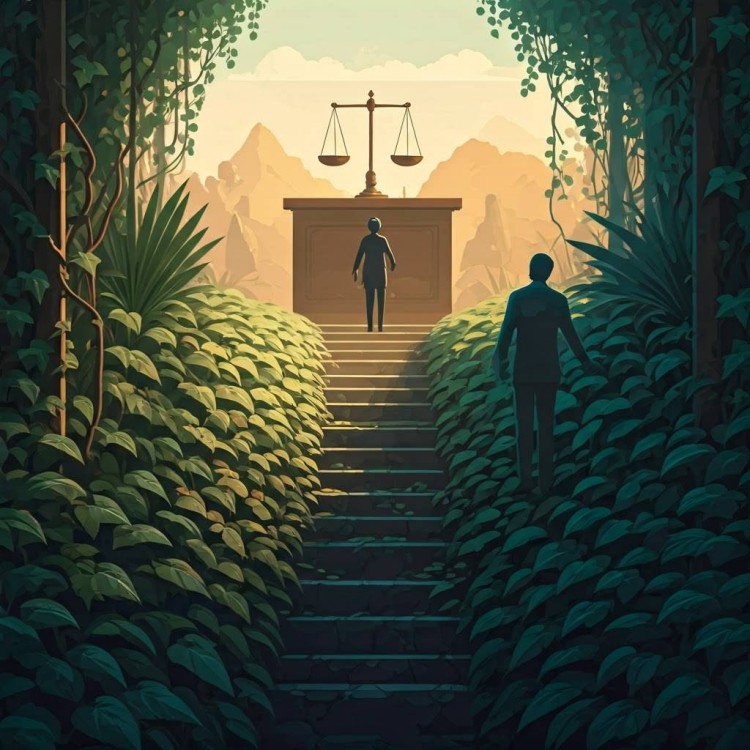
Daniel Posada (director and screenwriter), Ignacio del Moral (screenwriter)
The poet Carlos Framb wakes in a hospital bed, handcuffed and accused of homicide. He had attempted suicide after assisting his mother Luzmila Alzate to die, which he claims was an act of love. Inspired by Framb’s 2009 memoir by the same title, but with notable differences, this 2024 film turns a real story into a courtroom drama about the individual rights to death and to abortion.
'In memory of Dr Donald Low' by Canadian Partnership Against Cancer

Canadian Partnership Against Cancer
Donald Low, a Canadian physician and microbiologist, records a plea in favour of medical aid in dying after he was diagnosed with a brain tumour.
'Fade to Black' by Jeremy Ervine

Jeremy Ervine (dir.)
After learning that his oesophageal cancer has spread to his lungs, petrol station chain CEO Peter Short becomes the face of an Australian Senate assisted dying bill. This crowd-funded documentary recounts his political campaign, and his (unassisted) death, featuring interviews from Short’s family alongside ones from politicians and activists from both sides of the Australian right-to-die debate.
Guzaarish by Sanjay Leela Bhansaali
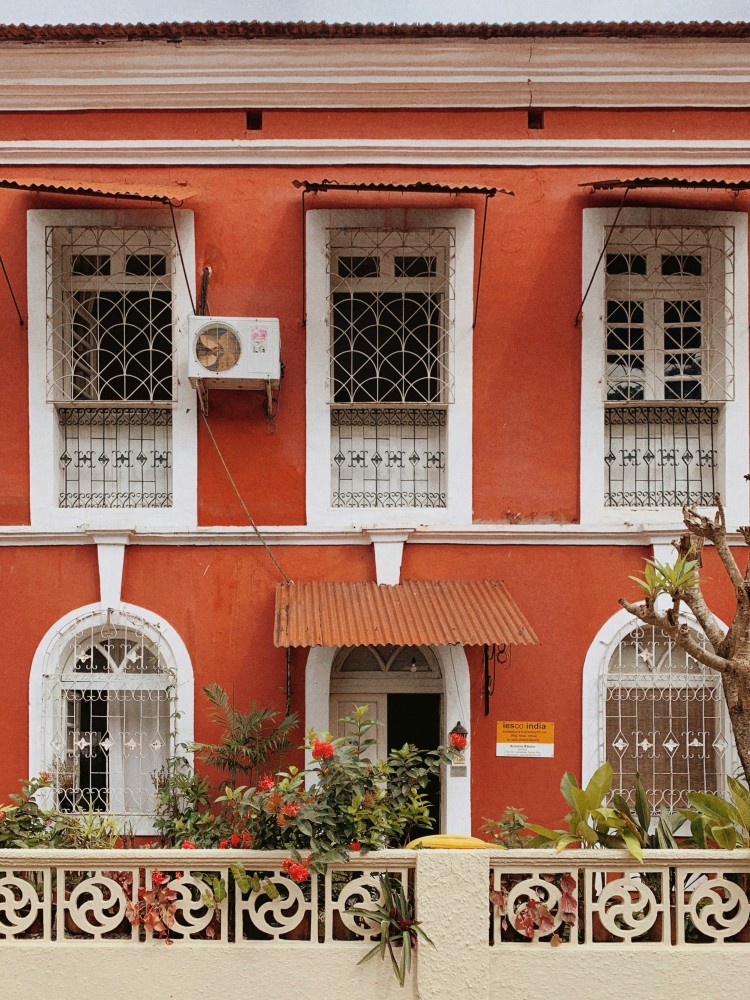
Sanjay Leela Bhansaali (Writer and Director)
‘Guzaarish’ is a Bollywood film about Ethan Mascarenhas, a quadriplegic radio jockey who faces legal and public pushback after petitioning for state-sanctioned euthanasia. Structured around a legal battle, ‘Guzaarish’ is a comedy, romance, drama, and a musical starring two of Bollywood’s biggest stars. The film introduced India’s cinema-going audience to assisted death.
'Last Cab to Darwin' by Jeremy Sims

Jeremy Sims (director and writer), Reg Cribb (writer)
Loosely based on real events in the mid-1990s during a brief period when voluntary assisted dying was legal in Australia’s Northern Territory, this fiction film follows terminally ill taxi driver Rex as he drives 3,000km north to Darwin to try to become the first person in the world to die using an assisted dying machine.
'Life After' by Reid Davenport

Reid Davenport (director)
In this documentary, American filmmaker Reid Davenport tells the story of Elizabeth Bouvia who wanted a legal assisted death in the 1980s in California. Through this case and more recent ones, he shows how decisions around assisted death are complicated for people with disabilities by ableism and a lack of access to care, contributing to ongoing debates about expanding access to assisted death.
'Mar adentro' by Alejandro Amenábar

Alejandro Amenábar (director and writer), Mateo Gil (writer)
For almost thirty years, Ramón Sampedro has been paralysed from the neck down. Having had enough of his paraplegic state, Ramón decides that he wants to die and seeks the help of an assisted dying lobby group to generate support for his case. When all legal avenues fail, a small group of his friends help Ramón to end his life.
'Marieke, addicted to life' by Pola Rapaport

Pola Rapaport (director)
The Belgian wheelchair athlete Marieke Vervoort suffered from progressive myelopathy, a rare degenerative muscle disease. The winner of multiple medals at the 2012 and 2016 Paralympic Games experienced increasingly unbearable pain and chose to pass away through euthanasia in 2019, which is presented in a positive light. As a public figure, her case sparked widespread debate in the media.
'Miele' by Valeria Golino

Valeria Golino (Director), Valia Santella (Writer)
In Valeria Golino’s ‘Miele’, Irene illegally assists in the deaths of terminally ill individuals. Her understanding of her work is challenged, however, when she meets Carlo who wishes to die but is physically healthy. The film is more interested in Irene’s internal conflict than in advancing a position for or against assisted dying, yet it nonetheless explores various opinions and experiences.
'The Life and Death of Gloria Taylor' by The Fifth Estate, CBC News

The Fifth Estate, CBC News
This documentary follows the final year in the life Gloria Taylor, a plaintiff in the court case that led to the legalization of medical assistance in dying in Canada. The film provides an overview of debates prior to legalization by documenting Gloria’s experience with amyotrophic lateral sclerosis, her legal team’s approach, and the response of those who oppose her case.
'Tot altijd' by Nic Balthazar
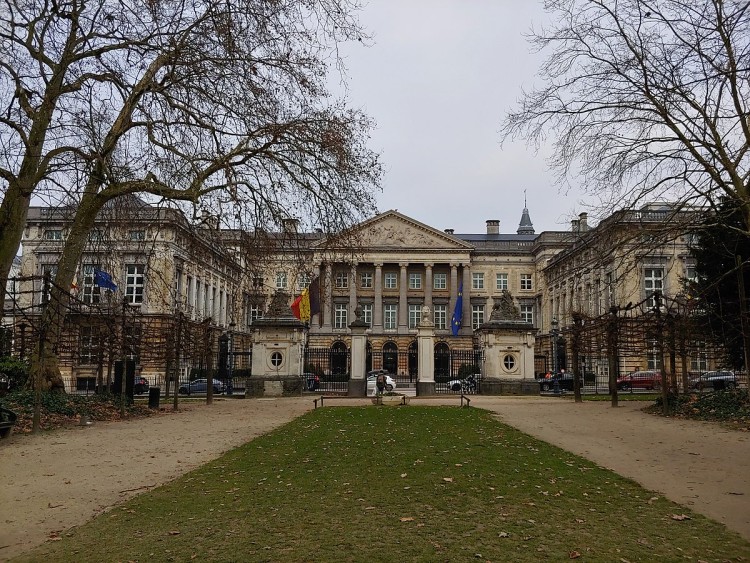
Nic Balthazar (director and writer)
Multiple sclerosis patient Mario Verstraete is fighting for a legal regulation of assisted dying in Belgium. When the law does take effect in 2002, he is the first to use it. The feature film, which is based on the real life of the Belgian activist Mario Verstraete, provides an impression of the Belgian legislative process and was received by interest groups with both approval and criticism.
'You Don't Know Jack' by Barry Levinson

Barry Levinson (director), Adam Mazer (writer)
‘You Don’t Know Jack’ recounts the period in Dr. Jack Kevorkian’s life between 1990 when he assisted in the death of Janet Adkins and 1998 when, after assisting in over 100 deaths, he was convicted of second-degree murder for assisting in the death of Thomas Youk. The film portrays the controversial Kevorkian in a very flattering light, as an underdog and hero, and, above all, a caring doctor.